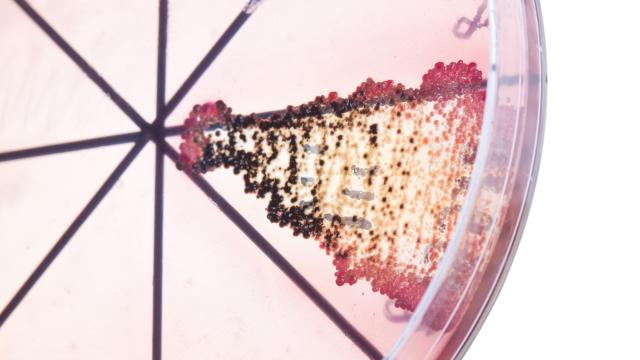Moratorium Lifted on H5N1 Flu Virus Research

What’s the Latest Development?
University of Wisconsin scientists have decided to lift a self-imposed year-long moratorium on research into how the H5N1 flu virus could possibly mutate, becoming more easily transmittable from human to human and potentially causing a disease pandemic. The research was initially halted in deference to concerns expressed by the U.S. National Science Advisory Board for Biosecurity, which worried that information on how the virus was engineered to spread more easily could fall into the wrong hands. The Wisconsin scientists have agreed to resume research only in countries with clear safety regulations for their research.
What’s the Big Idea?
In an experiment, researchers were able to encourage the H5N1 virus to mutate nine times, after which it became communicable between ferrets (chosen as subjects because they respond to the flu in ways similar to humans) via droplets of condensation expelled by breathing. “Nine is almost none,” said virologist Yoshihiro Kawaoka, one of the scientists whose work prompted biosecurity experts to call for new restrictions on flu research. “The risk exists in nature already. Not doing the research is really putting us in danger.”
Photo credit: Shutterstock.com





